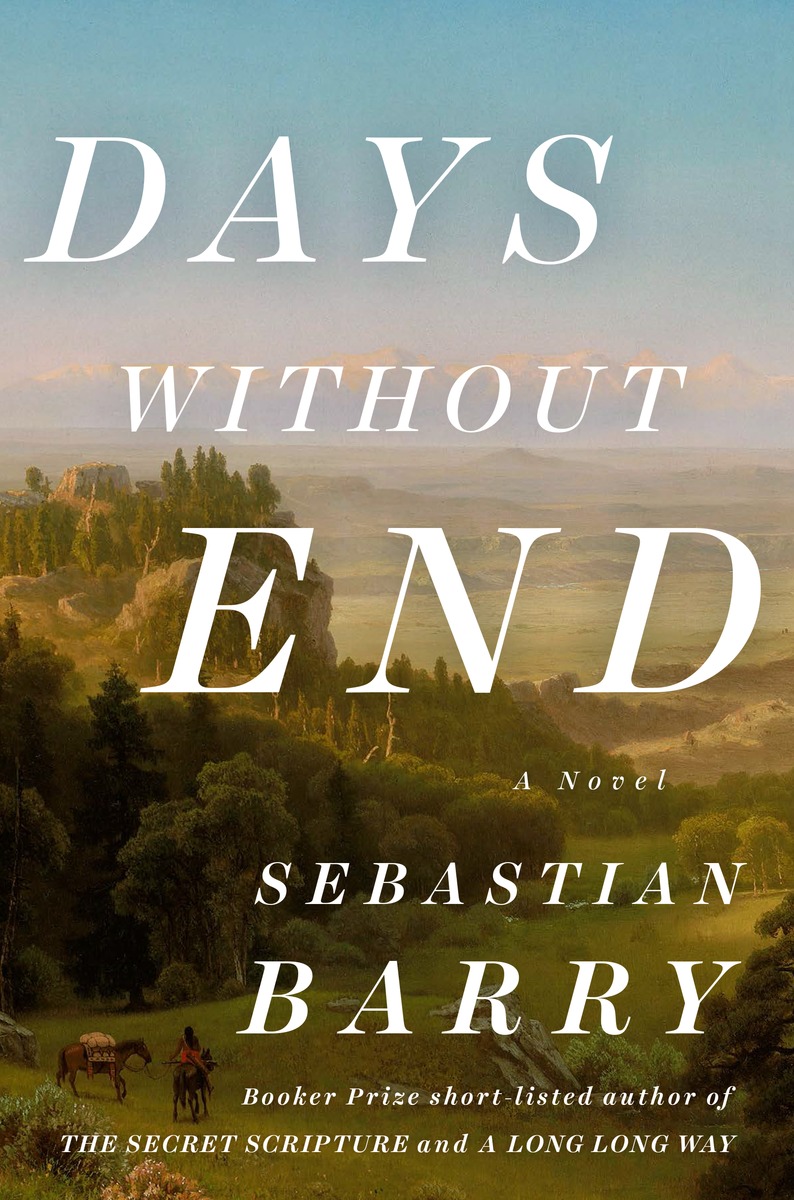


Knowing that Annie Dunne is the sister of Willie Dunne, whose hellish sojourn in First World War trenches is the subject of A Long Long Way (2005), seems to give both books greater heft. The family connections add a satisfying resonance. Ordinary, inconsequential folk in sometimes extraordinary, history-defining circumstances-soldiers, spinsters, policemen, rogues, fugitives, many of them willing or unwilling participants in the Irish diaspora-emerge from what Barry calls “the fog of family.” (More Irish weather!) They themselves are substantial, flesh and blood, but drifts of fog cling to them, the secrets and lies, the hopelessly mixed motives and divided loyalties of kinfolk everywhere. The lovely acrid stink of it.”Įach of his novels stands on its own, but many of the characters belong to two interconnected Irish families, the Dunnes and the McNultys, based on the two branches of his own clan. This, from the new novel: “Tar melting in tar barrels, roadmenders. A sample plucked more or less at random from his most resolutely rural novel, Annie Dunne (2002): “Oh, what a mix of things the world is, what a flood of cream, turning and turning in the butter churn of things, but that never comes to butter.” A skeptic might dismiss this as a nostalgic ditty with a clunky ending, but as the eponymous Annie knows, “there is a grace in butter, how can I explain it-it is the color we all worship, a simple, yellow gold.” Barry churns and churns, and gold comes out. Prose seems the wrong word for what he does paragraphs unspool like spells, dreamy incantations, words repeated, cadence summoned. Barry is a poet and playwright as well as a novelist, and lyricism and drama jostle in nearly all his sentences, many of which are stuffed to bursting. No surprise to hear an Irish lilt and discover an unabashed delight in metaphor-paragraphs without a simile or three are a rarity. Let’s start with the writing, an unclouded lens that, yes, occasionally goes all purple. I find the book powerful enough to want to bang the drum and say as loudly and clearly as I can that Barry ought to be widely read and revered-he ought to be a laureate for fiction everywhere. His new novel, Old God’s Time, his ninth, is a beautiful, tragic book about an “old policeman with a buckled heart” who’s assailed at great length and yet enjoys streaks of jubilance, even after repeated assaults. Check out more from this issue and find your next story to read.


 0 kommentar(er)
0 kommentar(er)
